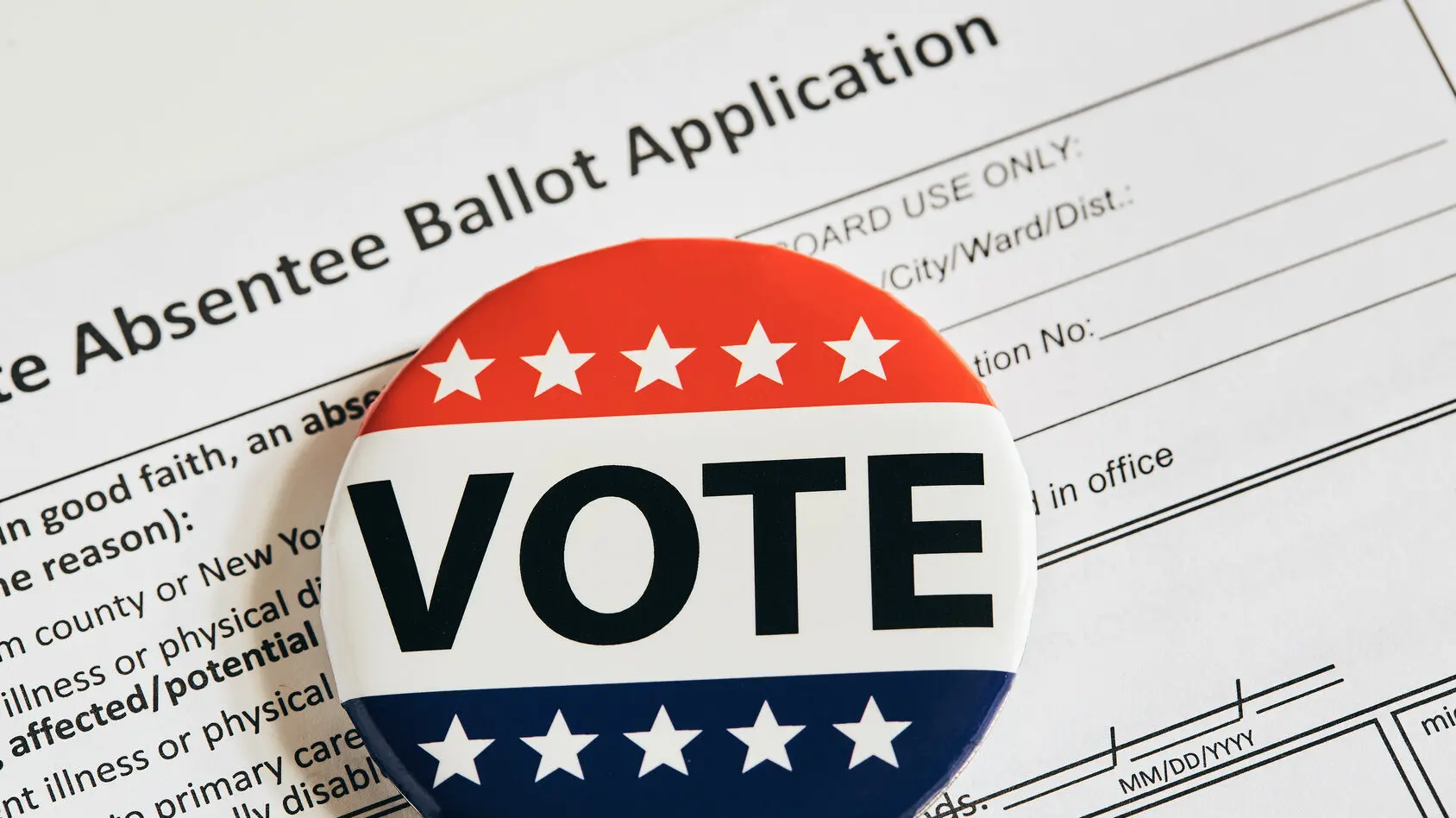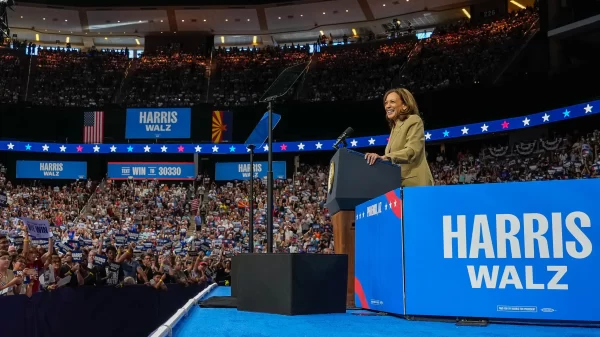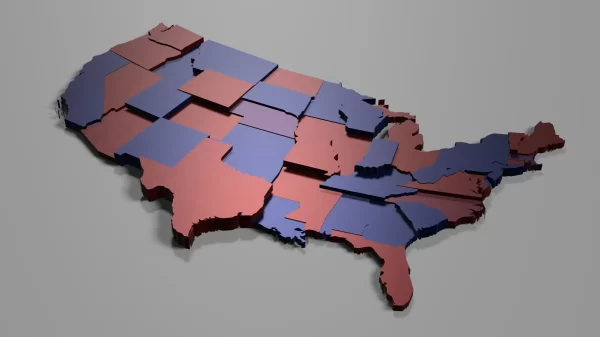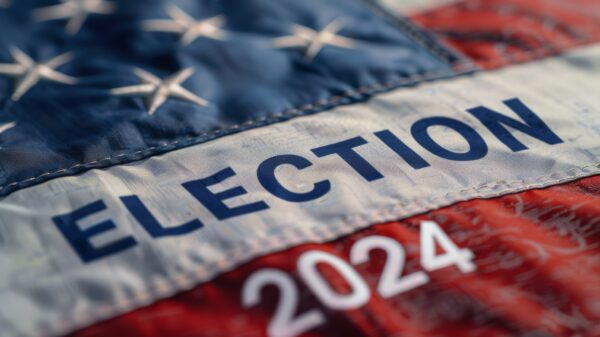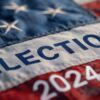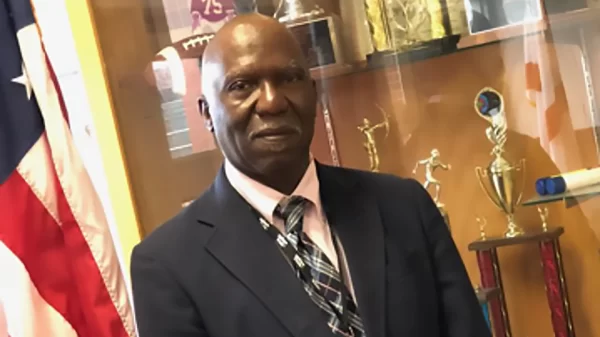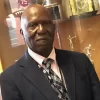|
Getting your Trinity Audio player ready...
|
In a major victory for voting rights advocates in Alabama, a federal court has issued a preliminary injunction against the enforcement of SB 1, which would have imposed criminal penalties on those assisting disabled, blind, or low-literacy voters with absentee voting. The court ruled that key restrictions in SB 1 likely violate Section 208 of the Voting Rights Act, ensuring that voters who require assistance can receive help from a person of their choice in the 2024 elections.
The case, Alabama NAACP, et al. v. Marshall, was brought forward by the Alabama NAACP, Greater Birmingham Ministries, the League of Women Voters of Alabama, and the Alabama Disability Advocates Program. These organizations, represented by the Campaign Legal Center, Legal Defense Fund, Southern Poverty Law Center, American Civil Liberties Union of Alabama, and ADAP, sought to defend the voting rights of vulnerable populations.
In its decision, the federal district court sided with civic engagement groups, stating that SB 1’s restrictions “would have suppressed the voices of blind, disabled, and low-literacy voters.” Section 208 mandates that these individuals must have the right to choose anyone to assist them.
The lawsuit, which continues as the court further evaluates SB 1, centers on concerns that the law would disproportionately affect marginalized voters by limiting their ability to navigate the absentee voting process. The preliminary injunction ensures that, while the lawsuit is ongoing, SB 1’s criminal sanctions cannot be enforced, thus allowing Alabama voters to continue receiving vital assistance.
In response to the ruling, plaintiffs and their attorneys released the following statement: “Nonpartisan civic engagement groups — composed of civic-minded, democracy-loving, everyday Americans — do the hard work of fighting to ensure that every American can access the fundamental freedom to vote. We’re glad that the district court has sided with the rights of the voters and is committed to promoting voting accessibility. Our democracy works best when everybody can participate in it, and this ruling prevents the enforcement of a cruel law that would have suppressed the voices of blind, disabled, and low-literacy voters. We’re proud of this victory, and we will continue to fight to ensure that all Alabamians can easily exercise their right to vote.”
The preliminary injunction is seen as a critical safeguard for voters with disabilities and those with low literacy, especially as Alabama prepares for the 2024 elections. The ruling marks another chapter in ongoing battles over voting accessibility across the state, with groups like the AL NAACP and GBM leading the charge to protect voter rights against restrictive legislation.
SB 1, passed by Alabama’s Republican-led legislature in 2023, was part of a broader wave of voting restrictions enacted in several states. Proponents claimed it would safeguard against potential voter fraud. However, opponents argued that the law’s real impact would be to disproportionately harm disabled and low-literacy voters by making it harder for them to participate in elections.
As the legal case continues, voting rights advocates remain vigilant, fighting to ensure that all citizens, regardless of their physical abilities or literacy levels, are able to fully participate in the democratic process.
The legal battle over SB 1 is far from over, but for now, the preliminary injunction ensures that voters in need of assistance can continue to receive it without fear of legal consequences.






































